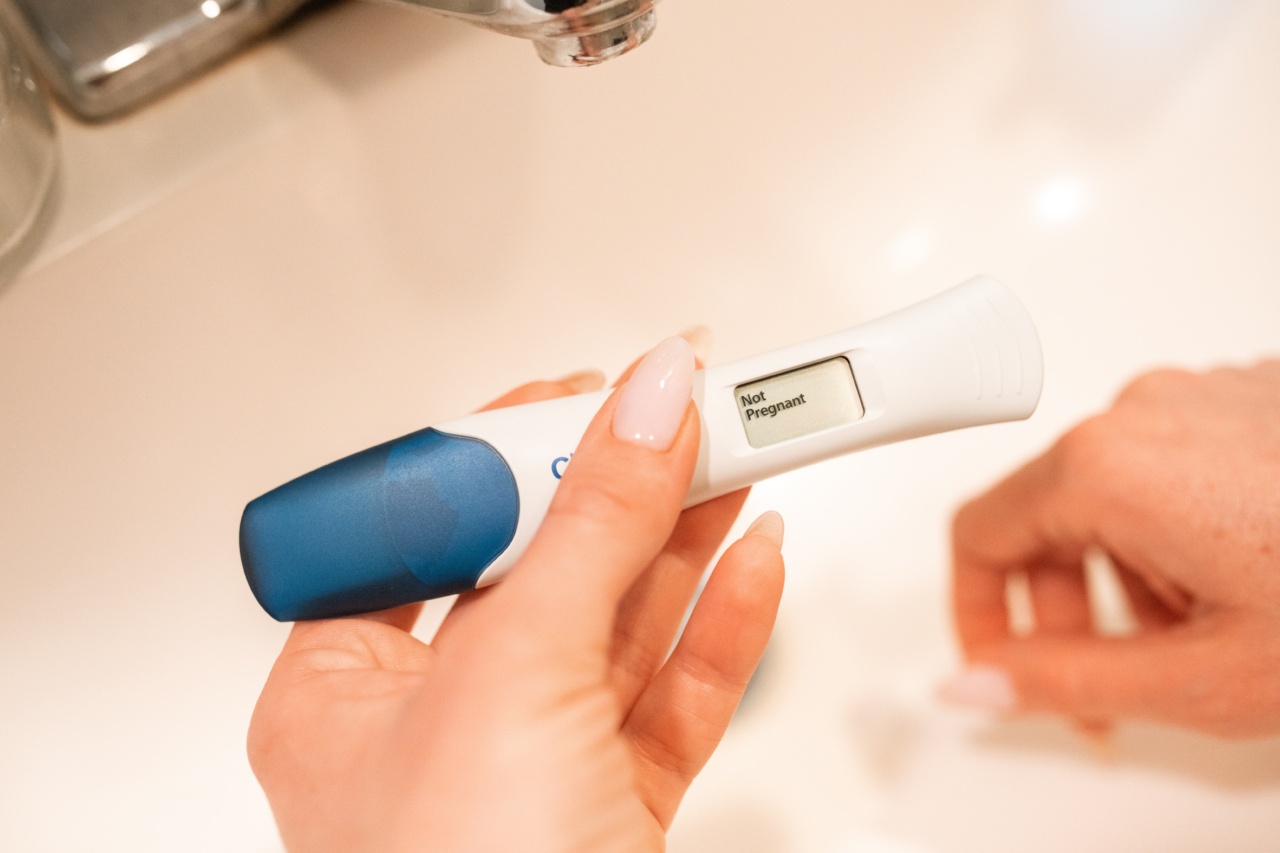Slightly increased blood pressure, also known as prehypertension, is a condition that affects millions of people worldwide.
While it may not seem very concerning at first, even a slight increase in blood pressure can have significant effects on your overall health. In this article, we will explore nine important risks associated with slightly increased blood pressure and why it is crucial to address this condition promptly.
1. Increased Risk of Heart Disease
One of the most significant risks associated with slightly increased blood pressure is the higher likelihood of developing heart disease.
When your blood pressure is consistently elevated, it puts extra strain on your heart, leading to the accumulation of plaque in your arteries. Over time, this can result in the narrowing of blood vessels and can even cause a heart attack or stroke.
2. Damage to Arteries
Elevated blood pressure can cause damage to the inner lining of your arteries, making them more prone to the buildup of fatty deposits.
This can lead to a condition called atherosclerosis, which restricts blood flow and oxygen supply to vital organs and tissues. Over time, this can increase your risk of developing conditions such as peripheral artery disease and kidney disease.
3. Kidney Damage
Your kidneys play a crucial role in regulating blood pressure. However, when your blood pressure is consistently high, it can cause damage to the delicate blood vessels in your kidneys.
This can result in reduced kidney function and potentially lead to chronic kidney disease or kidney failure if left untreated.
4. Increased Likelihood of Stroke
Individuals with slightly increased blood pressure are at a higher risk of experiencing a stroke. High blood pressure can weaken and damage blood vessels in the brain, making them more susceptible to ruptures or blockages.
This can interrupt the normal blood flow to the brain, leading to a stroke, which can have severe and long-lasting consequences.
5. Vision Problems
High blood pressure can also affect your eyesight. Sustained elevated blood pressure can damage the tiny blood vessels in your eyes, leading to vision problems or even vision loss.
Some common eye conditions associated with high blood pressure include hypertensive retinopathy and optic neuropathy.
6. Cognitive Decline
Studies have shown a correlation between high blood pressure and cognitive decline. Elevated blood pressure can affect blood flow to the brain, leading to damage in certain areas responsible for memory and thinking.
Over time, this can contribute to conditions such as vascular dementia or Alzheimer’s disease.
7. Increased Risk of Diabetes
Individuals with slightly increased blood pressure are more likely to develop type 2 diabetes.
The mechanisms linking these two conditions are complex, but evidence suggests that high blood pressure can impair insulin function and contribute to insulin resistance. Additionally, certain medications used to treat high blood pressure can also raise blood sugar levels.
8. Impaired Sexual Function
Both men and women with elevated blood pressure may experience sexual dysfunction.
High blood pressure can affect blood flow to the genital area, making it difficult to achieve or maintain an erection in men and reducing arousal and lubrication in women. These issues can greatly impact the quality of life and intimate relationships.
9. Increased Risk of Anxiety and Depression
Elevated blood pressure has also been linked to an increased risk of developing anxiety and depression.
While the exact mechanisms behind this association are not fully understood, it is believed that the physiological and psychological stress of living with high blood pressure can significantly impact mental health and well-being.
In conclusion, it is crucial to recognize the potential risks associated with slightly increased blood pressure or prehypertension.
By addressing this condition promptly through lifestyle modifications, such as regular exercise, a healthy diet, and stress management, as well as medication when necessary, you can mitigate these risks and maintain optimal health.


























